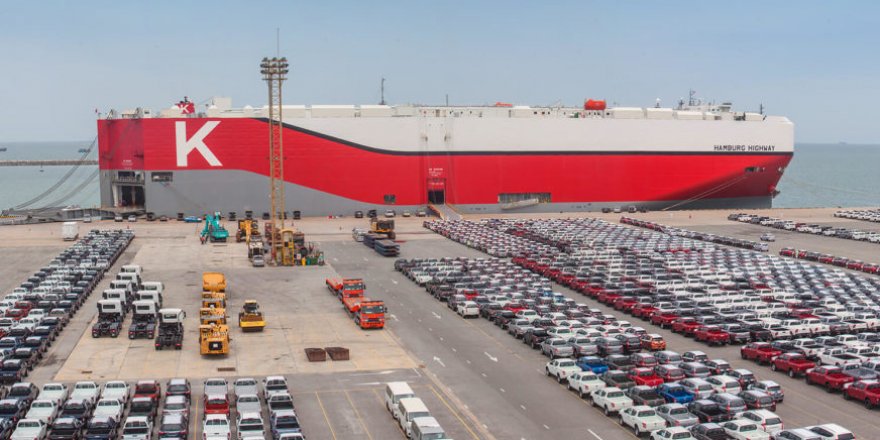RIO DE JANEIRO, BRAZIL – The Japanese maritime company K-Line confirmed the Brazilian port of Suape as its pole to export vehicles in the region, due to its proximity to the Panama Canal and the conditions that changed with the pandemic, informed this Sunday the port complex.
With its Brazilian subsidiary in the automotive logistics sector Nexus, K-Line has been using Suape, located in the municipality of Ipojuca, since November as a hub for export operations with Colombia, Costa Rica, Dominican Republic, Mexico, and the United States.
The port, a 5-day boat ride from the Panama Canal, is receiving automobile production from Uruguay and Argentina, which then continue to those countries, avoiding a more extended trip from the south of the continent and reducing the risks of unforeseeable restrictions due to the pandemic.

“The pandemic created a logistical chaos in the world, and this drastically affected the transportation of vehicles between countries due to bottlenecks at ports, shortages of labor and parts, and restrictions on large ships,” said Rafael Cristelo, director of K-Line Brazil and Nexus.
In Suape, the different companies of the Brazilian and foreign automotive industry, such as those operated by the centenary Japanese maritime company, manage to transship in a single operation up to 400 vehicles.
Cristelo indicated that the Japanese parent company expects to increase its investments in the Suape logistics terminal to expand its operations to transport static cargo, cranes, ships, and heavy machinery destined for Brazil and other countries in the region.
Automotive exports in Suape increased by 20% in 20212, with 47,841 units shipped, mainly from the Stellantis group (formerly FCA), which produces the Jeep brand in the state of Pernambuco itself and several Fiat models in Betim, in the metropolitan region of Belo Horizonte.
With a capacity for 250,000 vehicles, the port also receives imported car models from the Japanese Toyota and Nissan brands and the US-American GM.
In addition to being a maritime hub for the oil, automotive, and container industries, Suape this week also secured R$6.4 million (US$1.2 million) from the National Industrial Learning Service (Senai) and CTG Brazil for research on green hydrogen.
Implementing a green hydrogen propulsion plant will contribute to the expansion of activities in this sector, which already has several companies operating or about to be installed in Suape, which recently launched the “Carbon Neutral” project to reduce the effects of greenhouse gases.
With information from EFE

